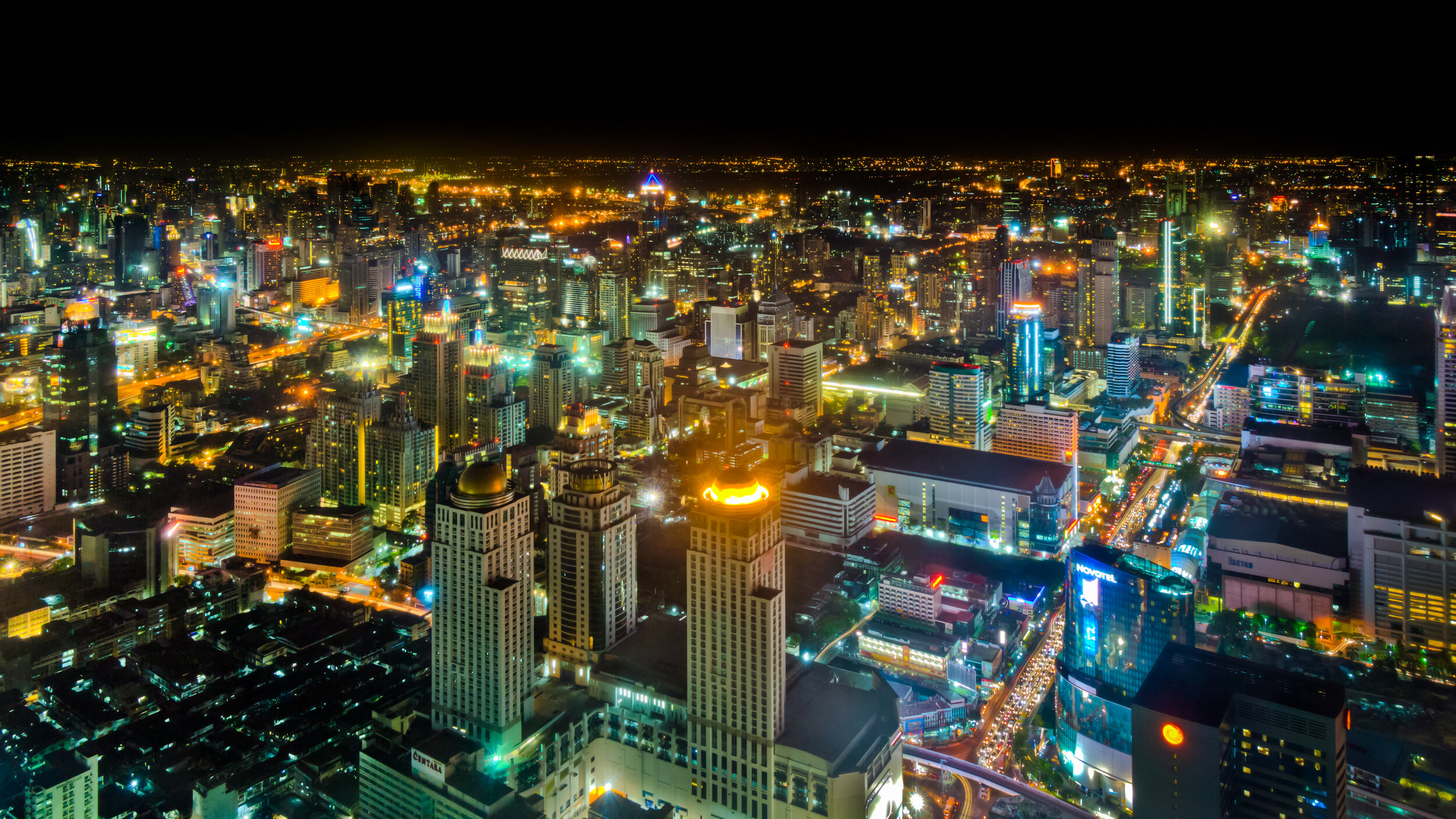Thailand Considers Moving Capital Away from Crowded Bangkok
Bangkok, a city of more than 8 million people, faces problems such as traffic congestion and pollution. (Wikimedia Commons)
Thailand’s prime minister proposed moving the nation’s capital away from Bangkok to ease the congestion and pollution plaguing the city.
Prime Minister Prayut Chan-o-cha suggested two options for a potential relocation during an address at a conference on September 18. “The first is to find a city that’s neither too far nor too expensive to move to,” he said. “The second is to move to outer Bangkok to reduce crowding.”
The announcement comes as the city faces critical environmental problems. Earlier this year, Bangkok entered the list for the top ten dirtiest cities by air quality for the first time in its history, largely due to unregulated industrialization, vast urbanization, and an explosion in automobile use. Bangkok now also ranks eighth on the list of cities with the worst traffic according to one study last year.
Joko Widodo, the President of Indonesia, made a similar announcement on August 26. He proposed moving its capital away from Jakarta, citing pollution, congestion, and the threat of rising sea levels as reasons for the relocation.
Unlike Indonesia, where the construction of the new capital has already begun on the island of Borneo, Prime Minister Prayut’s announcement came as a surprise.
Thosaporn Sirisamphand, secretary-general of Thailand’s National Economic and Social Development Council (NESDC), said the prime minister had not asked the agency to conduct a study on capital relocation.
“Capital relocation is a big issue and needs serious cooperation from various agencies," he said. “I think General Prayut just threw an idea out to the public on how to tackle traffic congestion in Bangkok.”
The city, with more than 8 million in population, holds special cultural significance for the nation. It has been the seat of the nation’s monarchy since its founding in 1782 and is the location of many famous Buddhist shrines and temples. However, such a move would not be the first time a country had abandoned a historic center for a new, modern capital. Brazil replaced Rio de Janeiro with Brasilia, and Myanmar created the city of Naypyidaw to serve as the nation’s new seat of power in 2006.
Some experts say the discussion over Bangkok highlights an important issue in the nation, which is its hyperfocus on its capital region, to the detriment of the other regions of Thailand.
"The saying 'Bangkok is Thailand: Thailand is Bangkok' is not wrong, as our country is mono-centric," said Issara Boonyoung, president of the Housing Business Association. "Bangkok is where the Grand Palace, head offices, world-class hospitals and the best universities are situated."

